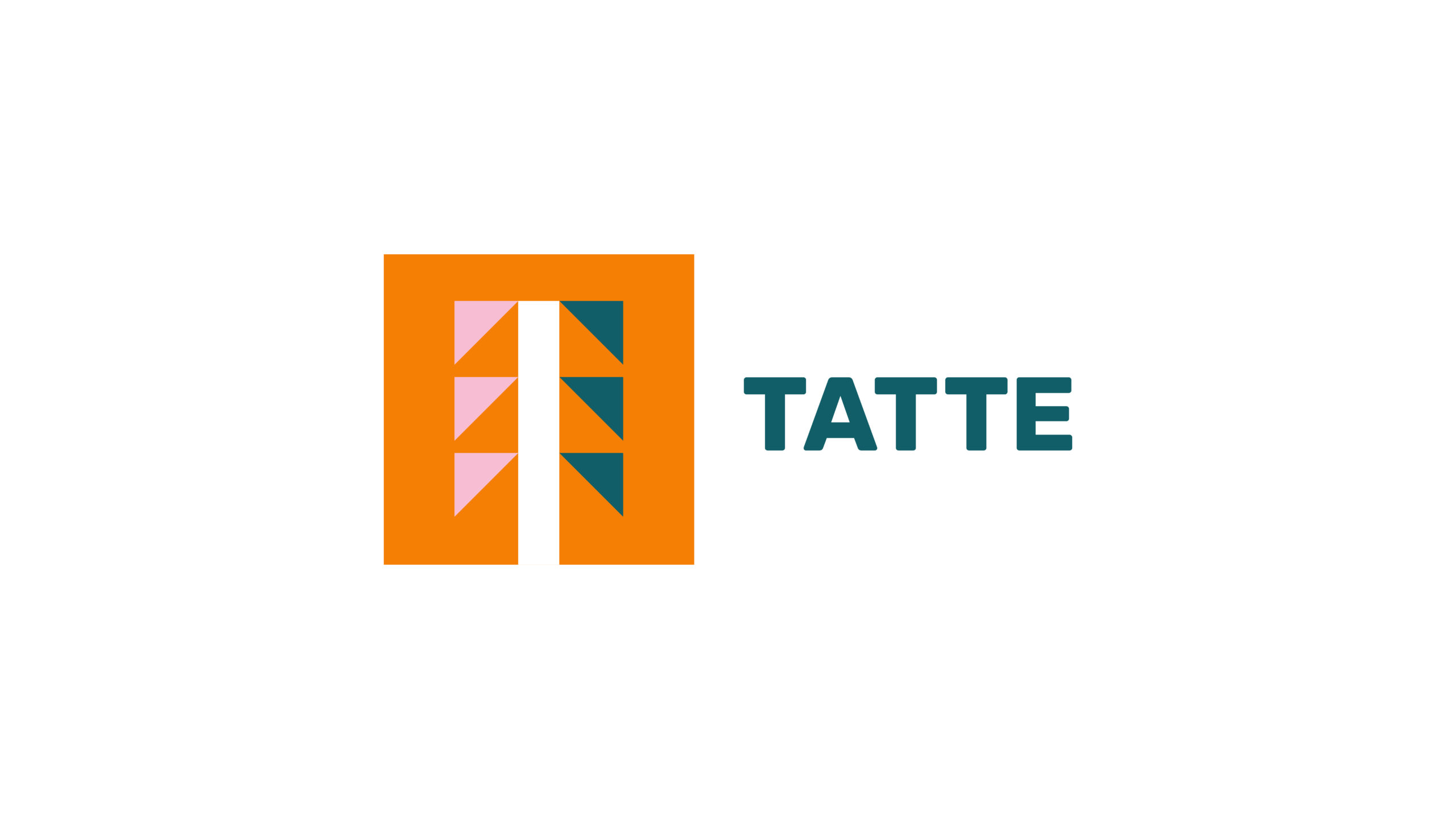Did your salary change because of the salary harmonisation? To most administrative and support staff, information on the pay effects of the salary harmonisation was emailed in December, and the financial effects have taken place from the beginning of 2021. Information on the salary effects of harmonisation has been sent to teaching and research staff since the beginning of this year. A harmonised salary will be paid to teachers and researchers from the beginning of March.
If an employee’s job requirements level has been corrected in the harmonisation and is now higher than before, the increased salary will be paid retroactively from the beginning of 2020. A rise in an employee’s job requirements level does not have a bearing on his or her personal performance level. Since this is not a question of changing the job requirements but of correcting the incorrect job requirement level, the personal performance level cannot fall. This has been agreed in the current collective agreement. If your performance level decreased when your job requirement level was harmonised, this is an error that should be corrected by filing a notice of disagreement about the performance level via the Mepco system.
However, if your total salary has decreased due to a decrease in the job requirement level in the harmonisation, your total salary in euros will not decrease. The difference between the new and the old salary is paid as a so-called harmonisation bonus. If an employee’s salary falls for any other reason, such as the end of the transition bonus, the employee should request a reassessment of both his or her job requirement and personal performance levels to keep the salary level unchanged.
Mistakes are possible in mass harmonisation
The salary and job title harmonisation processed the job titles and job requirements of 1,030 other staff members and 1,080 teaching and research employees. The work was done at a fast pace, so mistakes in assessing the job requirements are possible.
In addition to the job requirements, there have also been different opinions about whether a job’s requirements have been corrected or whether the job requirements have actually changed. The shop stewards’ view is that only a few jobs have changed so much during the new university’s first two years of operation that they can be regarded as genuinely changed. However, the difference between these two cases is significant in terms of salary effects: the salary increase generated by adjusting the job requirement level is paid retrospectively and the pay rise caused by a changed job requirement level becomes effective from the beginning of the month following the immediate supervisor’s decision.
The shop stewards urge employees to review the decision they have received on the job requirement and personal performance levels and to file a notice of disagreement if they suspect an error. In doubtful cases, contact the shop steward of your staff association.
The Mepco system has separate forms for reporting disagreements about the job requirements and personal performance levels.
When you prepare the notice, use the job requirements schemes found on the intranet. It is essential to describe the tasks of a job in accordance with the general descriptions included in the schemes and to align them with your concrete work tasks. In cases of disagreement on the level of personal performance, which concerns the definition of an erroneously changed task, it is essential to show that the tasks have remained the same. All shop stewards assist in filing the notices of disagreements.
Contact details of shop stewards
Further information on filing a notice of disagreement on the intranet
Job requirement schemes on the intranet
Personal performance assessment criteria (General collective agreement from page 110)
